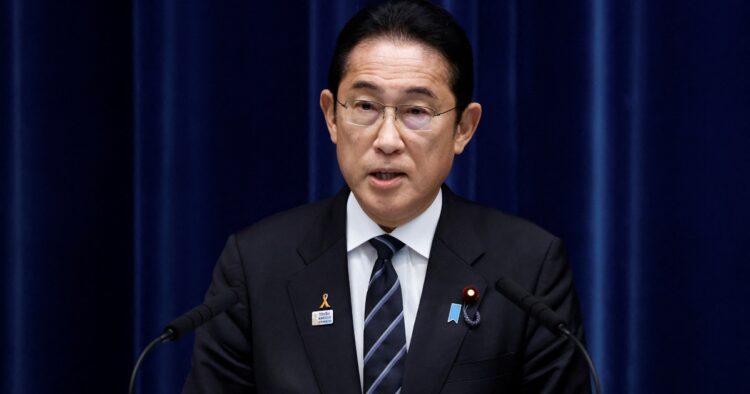A political storm take place in Japan. Several ministers in Prime Minister Fumio Kishida’s Cabinet have resigned due to a kickback scheme within the ruling party. The scandal centers around the LDP’s Seiwaken faction, led by Kishida himself. Allegedly, faction members failed to report millions of yen in potential campaign violations. The money, earned by surpassing fundraising targets for LDP events, was suspected to be funneled into unmonitored slush funds without proper declaration to tax authorities.
Reportedly, prosecutors are looking into claims that LDP officials received around 500 million yen in kickbacks over the past few years, although estimates vary. Some key figures implicated include Chief Cabinet Secretary Hirokazu Matsuno, Industry Minister Yasutoshi Nishimura, Internal Affairs Minister Junji Suzuki, Agriculture Minister Ichiro Miyashita, and special advisor Michiko Ueno, who have all resigned. Matsuno allegedly diverted over 10 million yen to a slush fund, while Nishimura allegedly kept 1 million yen.
The scandal has severely impacted public trust, with Kishida’s cabinet experiencing its worst-ever approval ratings. Kishida has promised to take appropriate steps to regain public trust, but his poll ratings have plummeted. The latest survey indicates a 22.5% approval rating and a disapproval rating of 71.9%. This scandal follows earlier issues, and Kishida’s leadership might face challenges, especially considering the ongoing investigation and potential power struggles within the LDP.
Opposition parties have attempted a vote of no-confidence, but it was voted down due to the LDP’s dominance in parliament. The situation is serious, with calls for thorough investigations into slush fund allegations, and Kishida considering canceling his planned trip to South America to address the crisis. The scandal’s repercussions could extend to the upcoming party leadership vote, potentially influencing the political landscape in Japan.

















Comments